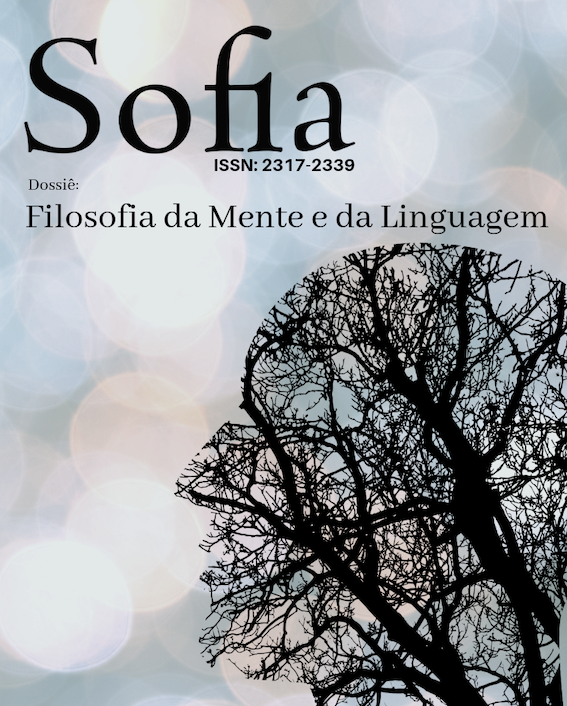Neo-mechanistic explanatory integration for cognitive science: the problem of reduction remains
DOI:
https://doi.org/10.47456/sofia.v8i1.23198Resumo
One of the central aims of the neo-mechanistic framework for the neural and cognitive sciences is to construct a pluralistic integration of scientific explanations, allowing for a weak explanatory autonomy of higher-level sciences, such as cognitive science. This integration involves understanding human cognition as information processing occurring in multi-level human neuro-cognitive mechanisms, explained by multi-level neuro-cognitive models. Strong explanatory neuro-cognitive reduction, however, poses a significant challenge to this pluralist ambition and the weak autonomy of cognitive science derived therefrom. Based on research in current molecular and cellular neuroscience, the framework holds that the best strategy for integrating human neuro-cognitive theories is through direct reductive explanations based on molecular and cellular neural processes. It is my aim to investigate whether the neo-mechanistic framework can meet the challenge. I argue that leading neo-mechanists offer some significant replies; however, they are not able yet to completely remove strong explanatory reductionism from their own framework.Downloads
Publicado
Edição
Seção
Licença
Copyright (c) 2019 Diego Azevedo Leite

Este trabalho está licenciado sob uma licença Creative Commons Attribution 4.0 International License.
Dada a política de acesso público da revista, o uso dos textos publicados é gratuito, com a obrigação de reconhecer a autoria original e a primeira publicação nesta revista. Os autores das contribuições publicadas são inteiramente e exclusivamente responsáveis por seus conteúdos.
I Os autores autorizam a publicação do artigo nesta revista.
II Os autores garantem que a contribuição é original e assumem total responsabilidade pelo seu conteúdo em caso de impugnação por terceiros.
III Os autores garantem que a contribuição não está sob avaliação em outra revista.
IV Os autores mantêm os direitos autorais e concedem à revista o direito de primeira publicação, sendo o trabalho licenciado sob uma Licença Creative Commons Atribuição-BY.
V Os autores são autorizados e incentivados a divulgar e distribuir seu trabalho on-line após a publicação na revista.
VI Os autores dos trabalhos aprovados autorizam a revista a distribuir seu conteúdo, após a publicação, para reprodução em índices de conteúdo, bibliotecas virtuais e similares.
VII Os editores reservam o direito de fazer ajustes no texto e adequar o artigo às normas editoriais da revista.


















